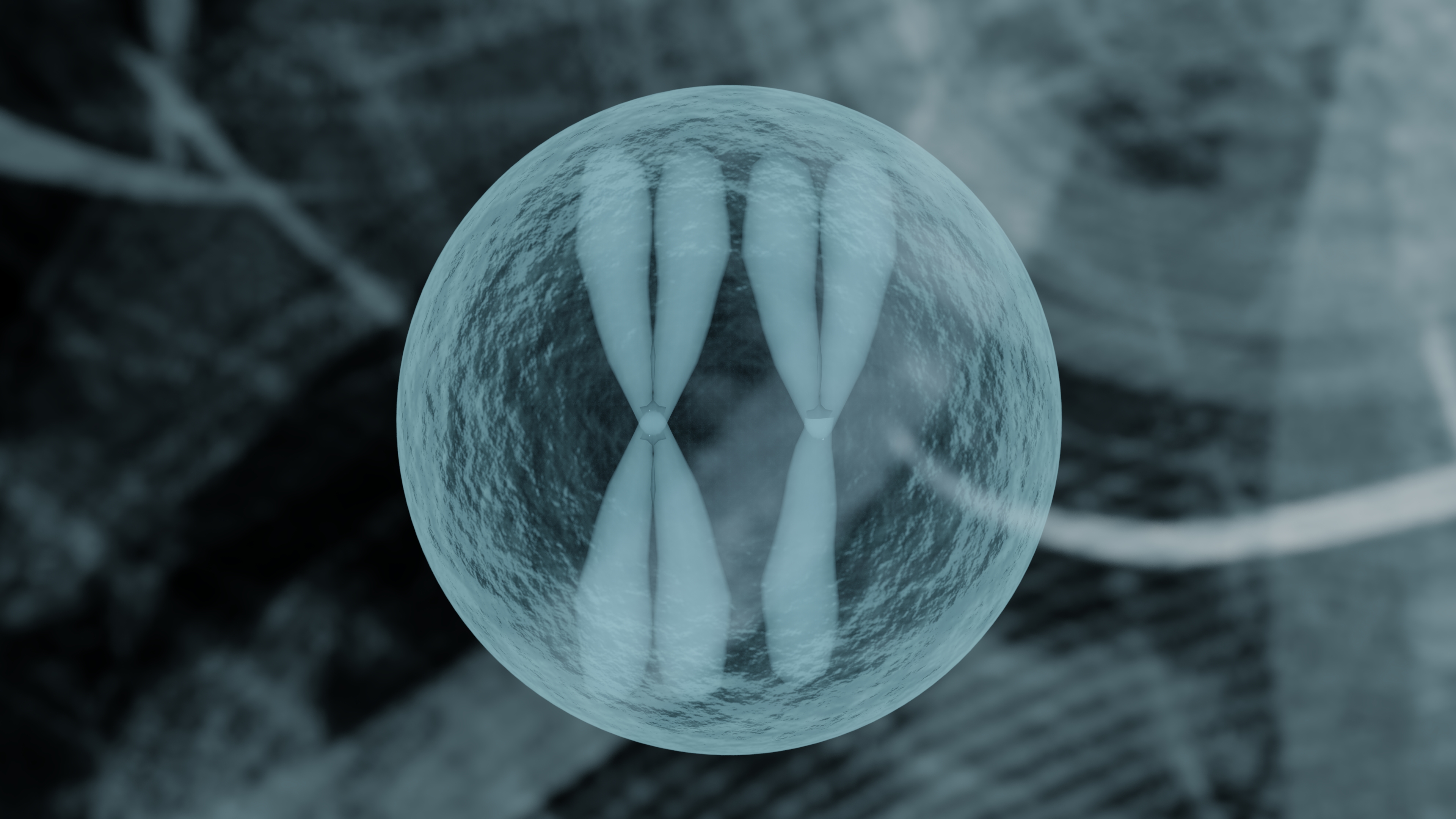Let's talk about lab water
Let's talk about lab water

Prion diseases, or transmissible spongiform encephalopathies (TSEs), are a group of fatal neurodegenerative disorders that includes scrapie and bovine spongiform encephalopathy (BSE) in animals, and Creutzfeldt–Jakob disease (CJD) in humans. The agent responsible for such diseases is a protein molecule called PrPSc, a conformational variant of the normal host protein, PrPC. The key event in the pathogenesis of TSEs is believed to be the conversion of PrPC into the pathogenic isoform, PrPSc , by means of a prion, which is thought to be identical to PrPSc.
The prion agent has a remarkable resistance to physiochemical inactivation procedures such as heat, ionization, germicidal ultraviolet light, microwaves, and irradiation, and to conventional chemical disinfectants such as detergents, alcohol, glutaraldehyde, and formalin. Methods that reduce TSE infectivity, such as treatment with a strong base, are not compatible with maintaining the purity of water and so the possible presence of prions is a very reasonable concern.
Fortunately, prions are proteins with a molecular weight of over 35,000 Daltons. This corresponds to a molecular diameter of approximately 3 to 4 nm. Therefore, they can be filtered out of purified water by suitable filtration - nano-filtration, ultrafiltration or reverse osmosis - or removed by distillation. Passage through oxidising 185nm UV and mixed ion exchange resins are also likely to contribute to prion removal.
Transmission of pion diseases of humans has occurred through contaminated surgical instruments and through donations obtained from human tissues (e.g., dura mater, pituitary gland, or cornea) and it is difficult to ensure that prions are absent in many materials but, fortunately, pure water used in the lab, if filtered correctly should not be a problem.
ELGA LabWater's PURELAB range of laboratory water purification systems are providing labs around the world with the ultrapure water and pure water they need to obtain great results. To find out more about ELGA's range of products, contact a LabWater Specialist at one of our Approved Partners in your country.
Dr Paul Whitehead
After a BA in Chemistry at Oxford University, Paul focused his career on industrial applications of chemistry. He was awarded a PhD at Imperial College, London for developing a microwave-induced-plasma detector for gas chromatography. He spent the first half of his career managing the analytical support team at the Johnson Matthey Research/Technology Centre,specialising in the determination of precious metals and characterising applications such as car-exhaust catalysts and fuel cells. Subsequently, as Laboratory Manager in R&D for ELGA LabWater, he has been involved in introducing and developing the latest water purification technologies. He now acts as a consultant for ELGA.